Imagine heading into space, landing on the moon and walking in the dust. As you adjust to the weightlessness, you see something unexpected on the horizon. Youāre looking back at the Earth, experiencing the āoverview effectā. How would you feel? What would you see, hear, touch, taste and smell?
We asked these questions when we launched a creative writing workshop to harness the beauty and power of storytelling, education, theatre, and music to inspire a greener, healthier and fairer world for future generations.
One of us, Cecilia MaƱosa Nyblon, brought together a team from the University of Exeter, the Met Office and international experts including marine scientists, poets, soundscape artists, musicians, playwrights and childrenās authors who recognise the power of the arts to bridge the gap between science and society.
In 2021, our team launched We Are the Possible. This international award-winning programme brings together artists, scientists, educators and health professionals to connect hearts and minds. Together, we develop creative content and performances that are presented to policymakers and the public at annual UN climate summits and other public events.
As Kathleen Jamie, Scotlandās makar (national poet), said during the 2021 UN climate summit in Glasgow: āWe canāt have that massive event around nature and environment without a poetry presence there.ā
Since 2021, this programme has engaged more than 16,000 people in the UK, Egypt, United Arab Emirates and Azerbaijan. Our projects have reached more than 33 million people worldwide through mainstream media, social media and online platforms. By inspiring global and local audiences, we hope to mobilise communities to care for and protect our planet.
The projectās creative lead, Sally Flint, weaves the words of climate scientists, health professionals, storytellers, artists, youth, educators and translators into an anthology of 12 poems or stories for the 12 days of each UN climate summit, showing what people value most and whatās at stake in our changing planet.
In our anthology for Cop28 (the 2023 climate summit in Dubai), Christiana Figueres, the Costa Rican diplomat who spent years negotiating for climate action at the UN summits, shared that āwhile this remains vital, I have also realised that connecting with people from the heart and with love is the most powerful place to start.ā
Scientists have the data. We have the technological solutions. But governments and leaders are failing to act with urgency. The climate crisis is our biggest communication failure.
Culture has the power to help people imagine and inspire action through dialogue, images, storytelling and shared experiences. But for far too long, the arts, cultural heritage and creative industries have been absent in climate policy frameworks. In 2024, ministers of culture and education gathered in Abu Dhabi to establish a framework which recognises the transformative power and impact of culture and arts education for sustainable development.
Princesshay/Crown Estate
Since Cop28, our team has been working with our partner, a not-for-profit called the Emirates Literature Foundation, to involve Indigenous poets through visual artforms. This involvement shines a light on the importance of Indigenous knowledge in our climate conversations to heal and restore our planet.
We have also collaborated with a sustainable theatre company called The Theatre of Others to deliver The Earth Turns and Bright Light Burning. These immersive theatre performances (inspired by We Are the Possible anthologies) and panel discussions involve both policymakers and the public. After one of the performances, Jonathan Dewsbury, director of capital operations and net zero at the UK governmentās Department for Education, told us: āIf we donāt grab the arts, the poems, the music and embed them into our top policy thinkers, our top decision-makers, we are not going to make the right choices, the right solutions.ā

Khazar University
Carpet weaving is an important part of Azerbaijanās cultural identity. At Cop29 (the 2024 UN climate summit in Azerbaijan), one group of academics and students at Khazar University in Baku wove a traditional āChelebiā carpet. This conveyed a message of unity and environmental stewardship through symbolic patterns inspired by We Are the Possibleās anthology.
Ocean-literate cultures
Around 50% of countries have no mention of climate change in their school curriculum, according to Unesco. Most teachers (95%) feel that teaching about climate climate change is important but less than 30% say are ready to teach it. Meanwhile, 75% young people around the world say they are frightened about their future.
Schools Across the Ocean, the education strand of We Are the Possible, is addressing this climate education gap. Led by our colleague, senior lecturer in education Anita Wood, this initiative has already connected more than 2,000 schoolchildren (aged 8-13) and more than 100 teachers in the UK, United Arab Emirates, Azerbaijan and other countries.
This six-week programme involves providing a toolkit for teachers plus activities and online workshops that engage children in science, art, storytelling and action for the ocean. The goal is for more children to understand why we all need a healthy ocean, develop their sense of agency and inspire others in their local communities to take action too.
Wendy Wilson, headteacher St Anneās School in Alderney on the Channel Islands, found that Schools Across the Ocean meant that her students were not just learning about climate change. She said they were also ābecoming active, global citizens who are climate literate, empowered and full of hope.ā

Donāt have time to read about climate change as much as youād like?
Get a weekly roundup in your inbox instead. Every Wednesday, The Conversationās environment editor writes Imagine, a short email that goes a little deeper into just one climate issue. Join the 40,000+ readers whoāve subscribed so far.
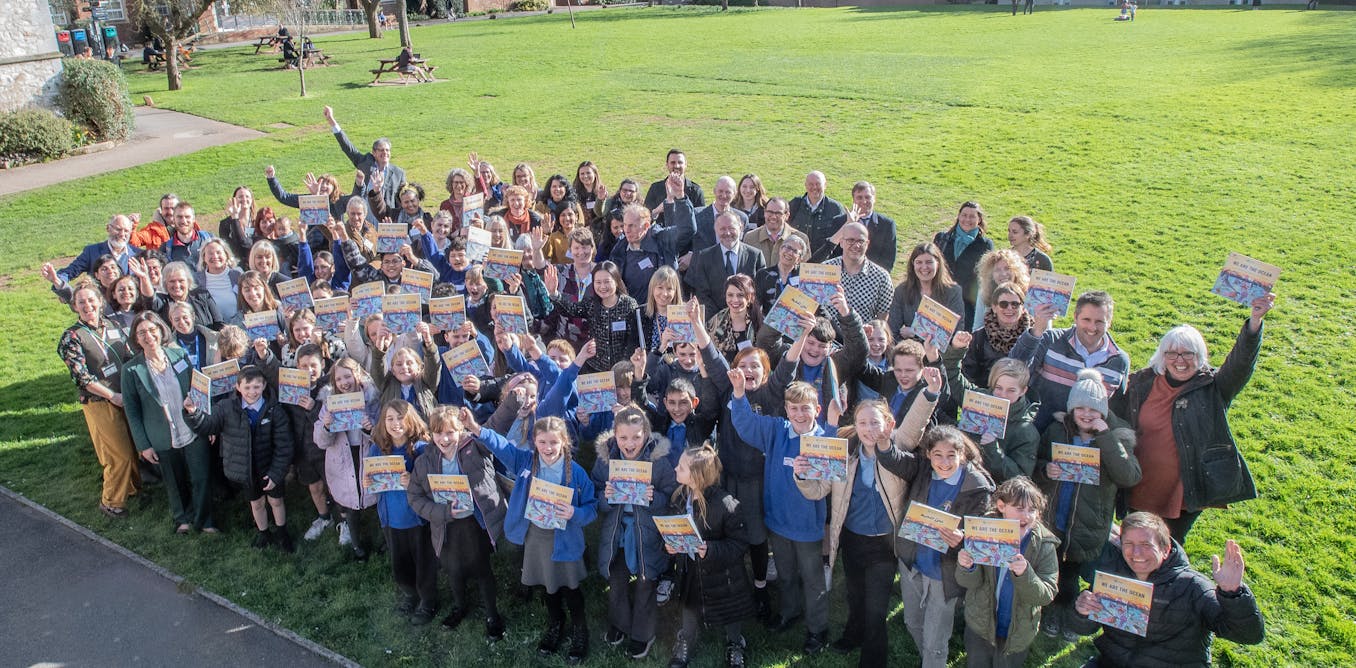
The post “How storytelling, creativity and collaborations can inspire climate action” by Cecilia Manosa Nyblon, Director – We Are the Possible Programme, University of Exeter was published on 04/08/2025 by theconversation.com








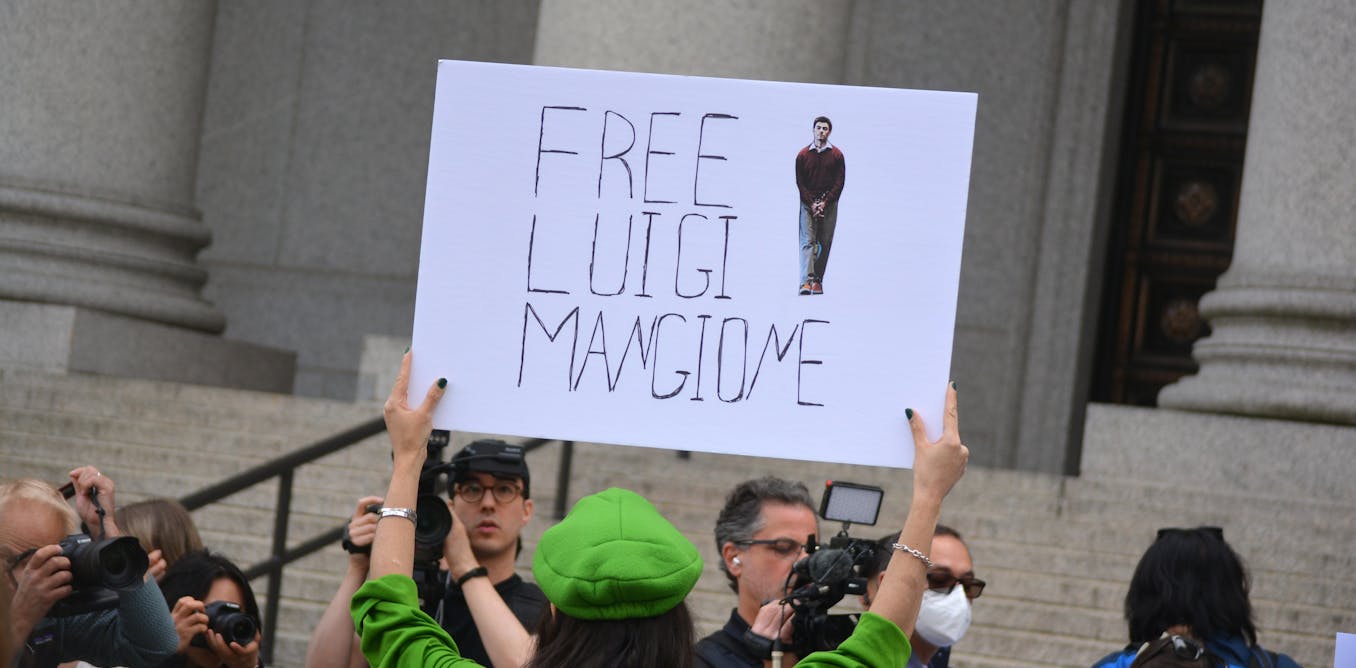
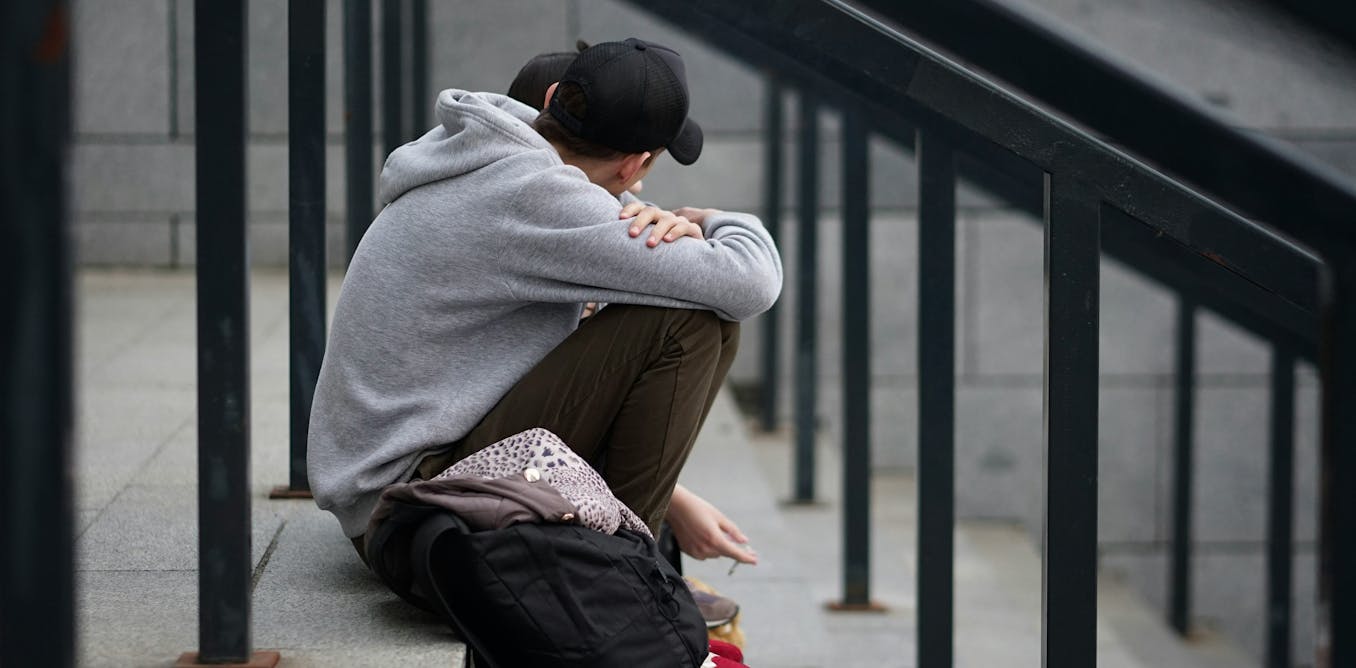

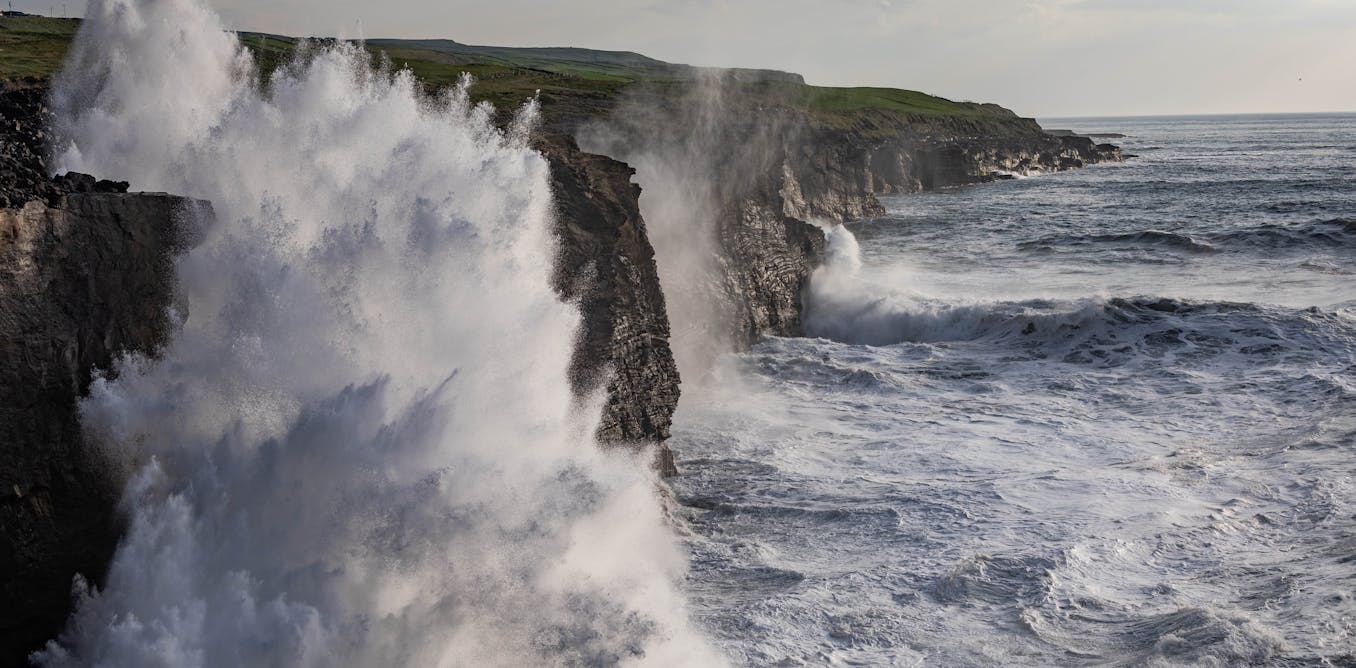

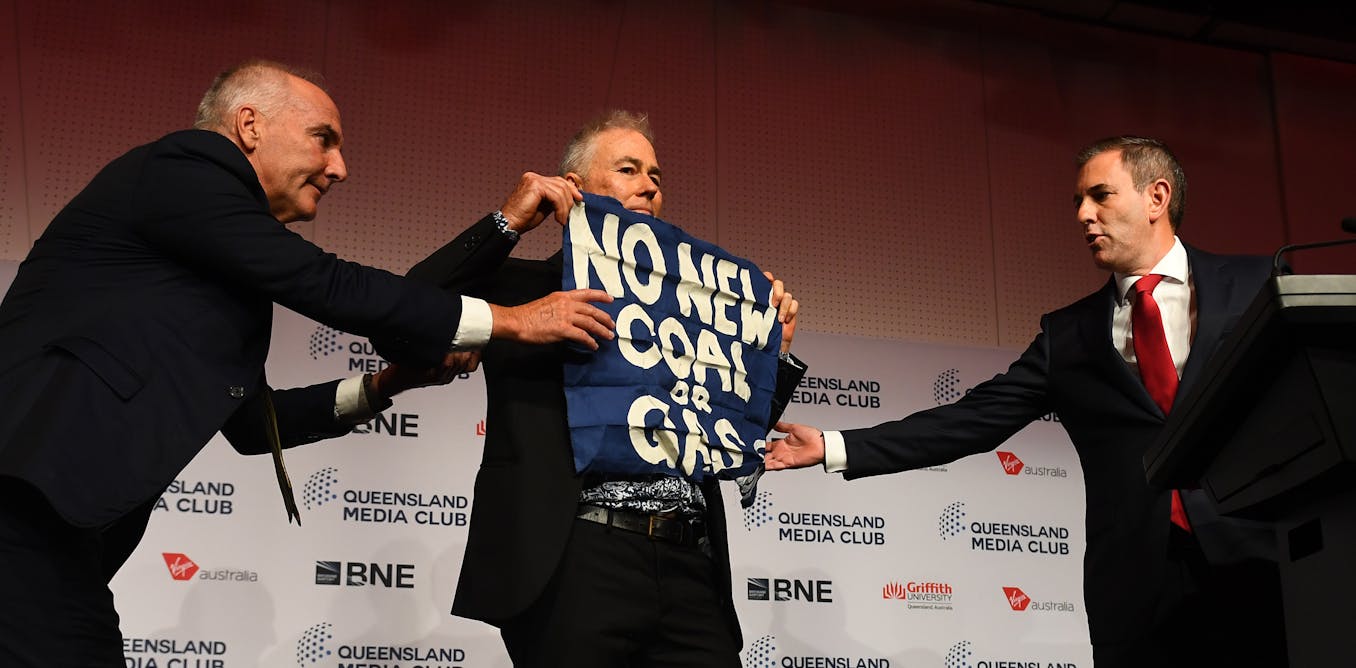

















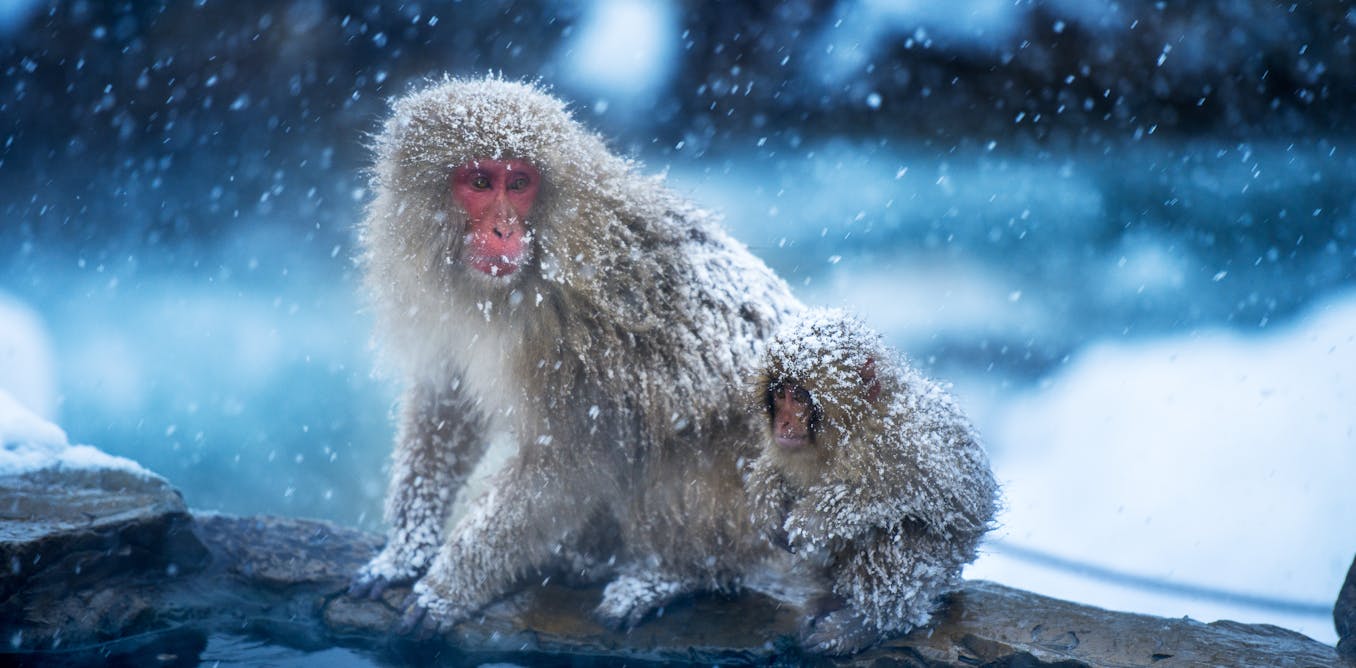
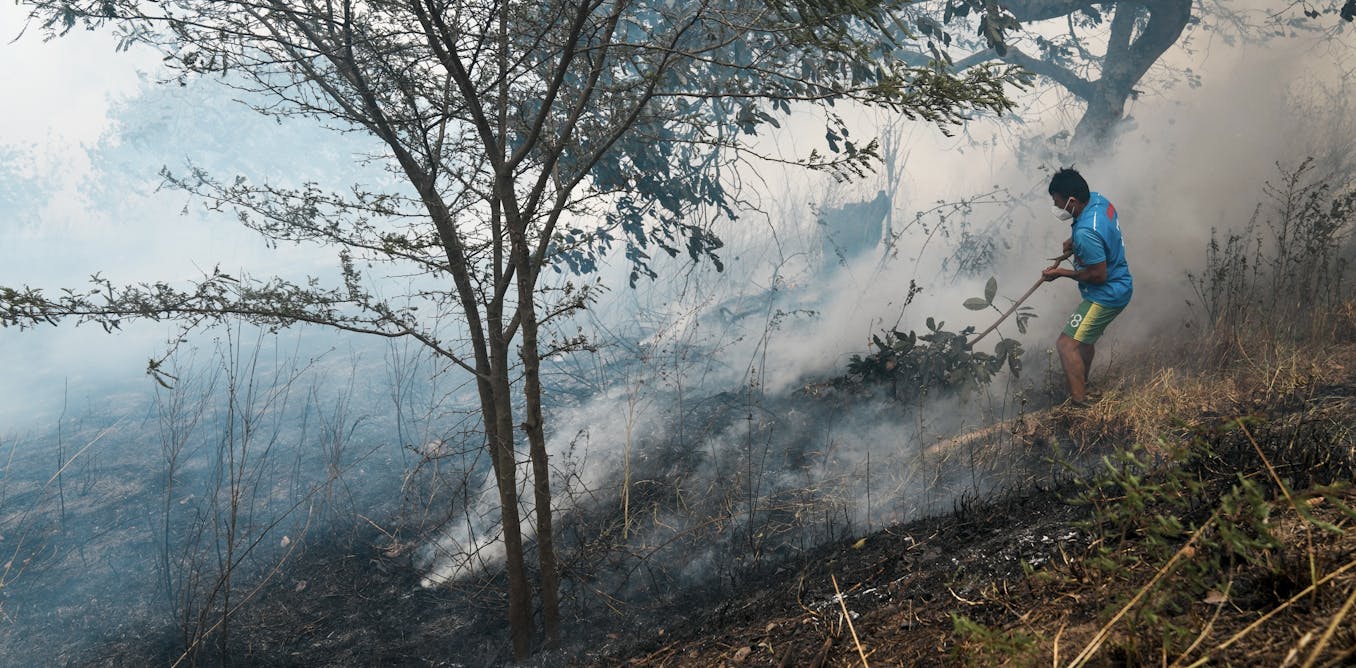
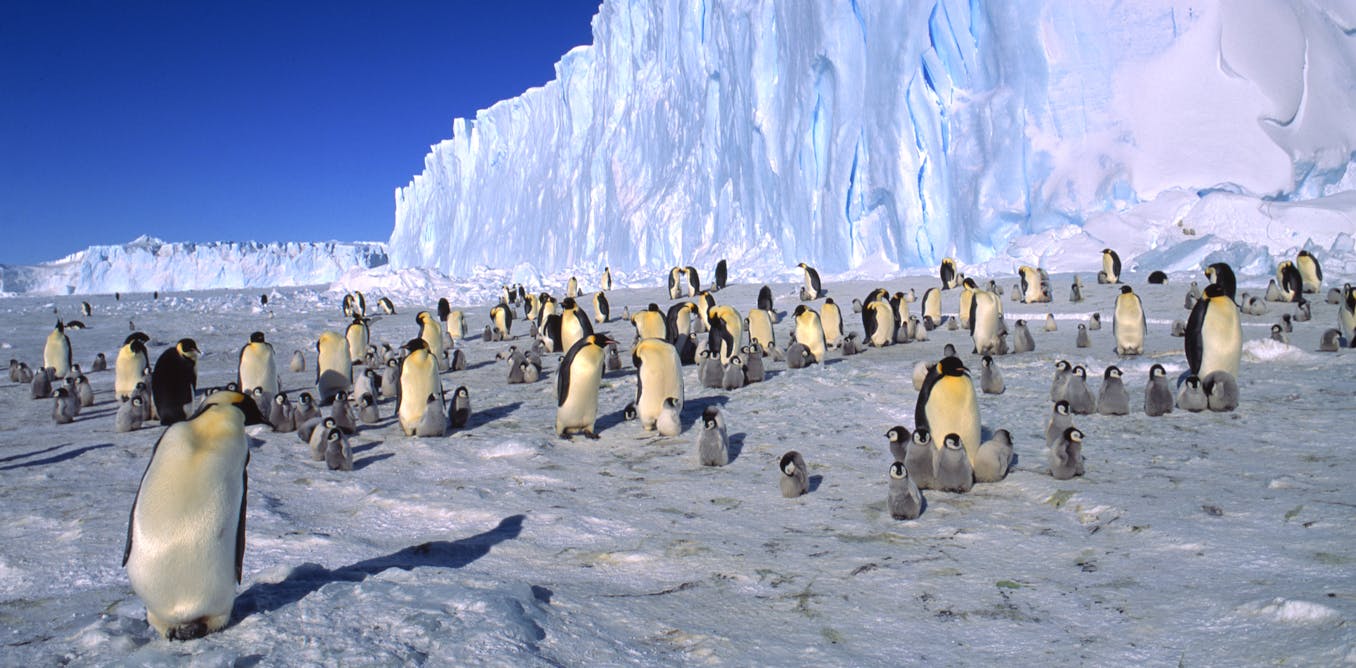


Leave a Reply